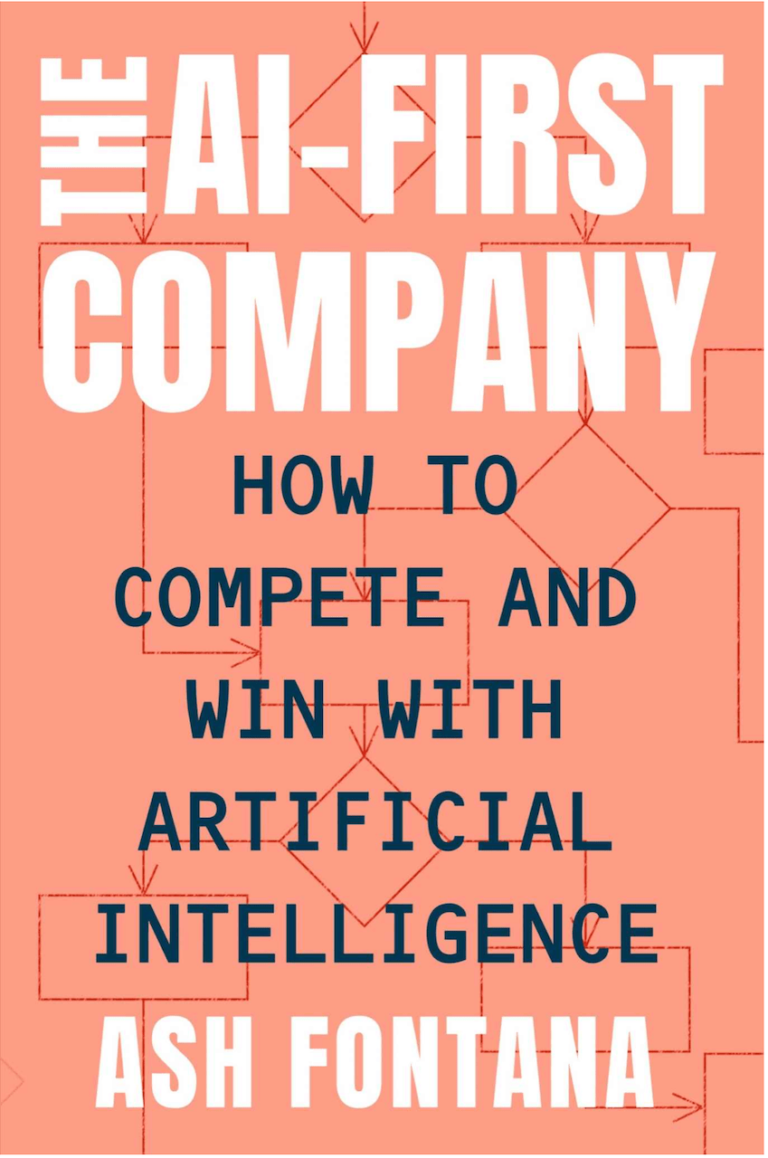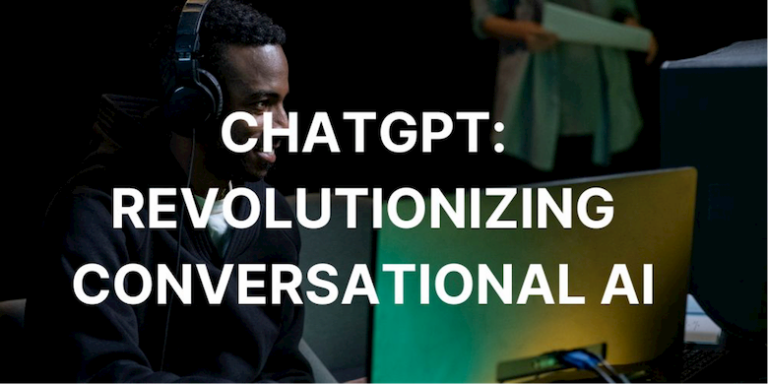With Twitter, friend send me a news “Data is choking AI. Here’s how to break free.“, also, I collect it, the views in article about 5 key point:
- While it is true that data is crucial to the success of AI, it is not the only factor. Other important factors include the quality of the algorithms used, the availability of computational resources, and the expertise of the team developing the AI system.
- The article suggests that one way to break free from the data chokehold is to use transfer learning. Transfer learning involves taking a pre-trained model and fine-tuning it on a new dataset. This can save time and resources while still producing accurate results.
- Another strategy mentioned in the article is to use synthetic data. Synthetic data is artificially generated data that can be used to augment or replace real data. This can be especially useful in cases where real data is scarce or expensive to collect.
- The article also suggests that companies should be transparent about their data usage and collection practices. This can help build trust with customers and avoid potential legal and ethical issues.
- In order to successfully implement AI systems, it is important for companies to have a clear understanding of their data needs and resources. This includes identifying what data is needed, where it will come from, and how it will be stored and processed.
This article emphasizes that while data is important, it is not the only factor in AI success, and highlights some of the other important factors mentioned in the article.

Here a few more factors beyond data that are important for AI success:
- Algorithms: The quality and effectiveness of the algorithms used to process and analyze the data are critical to the success of AI systems. A well-designed algorithm can make the most of the available data and produce accurate and useful insights.
- Computing Power: AI algorithms often require significant computational resources to run, and the availability of these resources can impact the effectiveness and efficiency of the AI system. Access to high-performance computing, cloud-based resources, or specialized hardware can all make a difference.
- Human Expertise: AI systems are developed, trained, and maintained by teams of human experts, including data scientists, engineers, and domain specialists. The expertise and experience of these individuals can have a big impact on the quality and effectiveness of the AI system.
- Governance and Ethics: As AI systems become more powerful and influential, it’s increasingly important to consider issues of governance and ethics. This includes issues like bias, fairness, and privacy, as well as broader questions about how AI should be developed and deployed in society.
Overall, these factors all play important roles in determining the success of an AI system, in addition to the quality and quantity of available data.


















+ There are no comments
Add yours